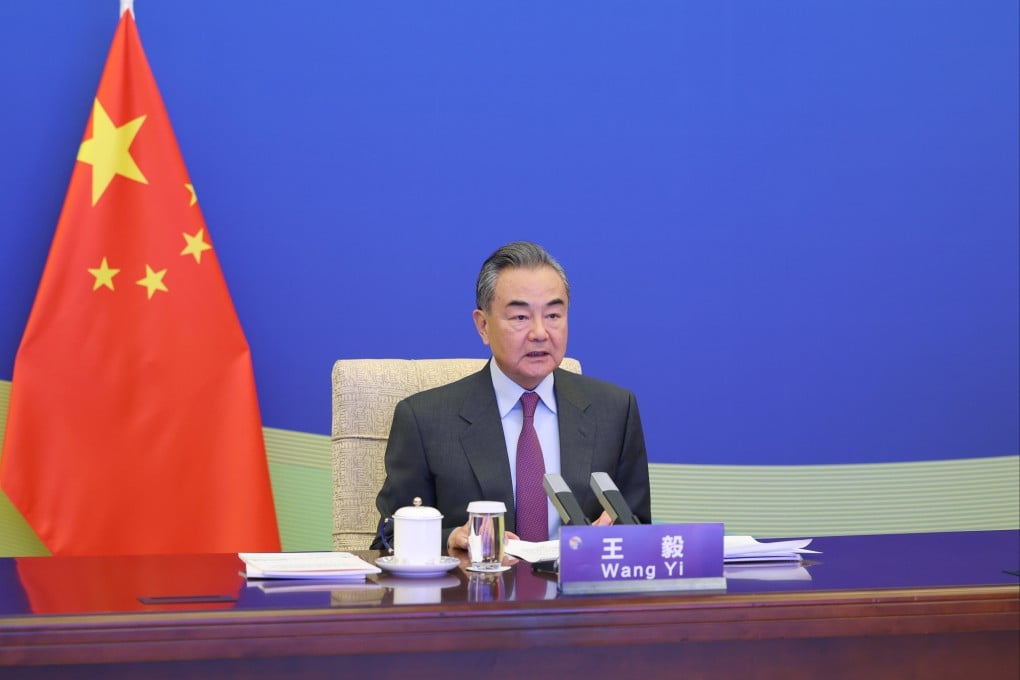Advertisement
Chinese Foreign Minister Wang Yi hails security ties with Central Asian states
- In article looking back at the 30 years since the end of the Soviet Union, Wang says Beijing and the five states have ‘helped each other through thick and thin’
- The US pull-out from Afghanistan and Taliban takeover have prompted greater cooperation to ensure regional stability
Reading Time:2 minutes
Why you can trust SCMP
3

Chinese Foreign Minister Wang Yi has hailed Beijing’s relationship with five Central Asian states, saying it has reached new heights with cooperation in regional security.
In an article for the Communist Party’s mouthpiece People’s Daily, Wang marked the 30th anniversary of China establishing diplomatic relations with five former Soviet republics, saying that since then “we have helped each other through thick and thin, and established a new framework for security cooperation”.
Wang said China and the five countries – Uzbekistan, Kyrgyzstan, Tajikistan, Turkmenistan and Kazakhstan – have reached “new heights of mutual political trust”.
Advertisement
He said: “We are facing a complicated and changing security environment, and we believe security can only be real when it is universal for all.”
He hailed their cooperation in fighting crime and “three evil forces”– terrorism, ethnic separatism, and religious extremism – and said Beijing and its neighbours “stand against foreign forces instigating ‘colour revolutions’ in Central Asia”.
Advertisement
He added that the countries have cooperated well over Afghanistan following the US withdrawal and Taliban takeover.
Advertisement
Select Voice
Select Speed
1.00x